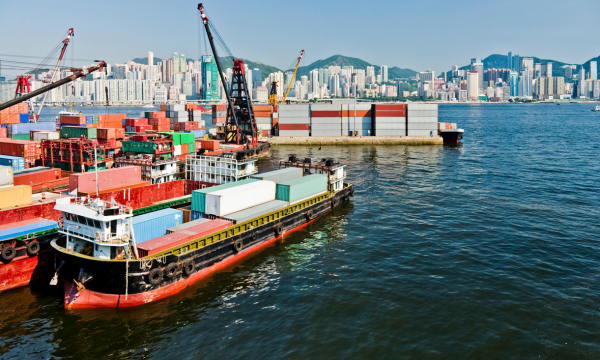How diplomatic relations influence trade
BLOGSINDEX 3
How diplomatic relations influence trade
What do you mean by diplomatic relations? Why diplomacy is important for countries?
Diplomatic relations are the ways in which countries interact with each other in order to maintain peace, stability, and prosperity. Diplomatic relations are often maintained by sending envoys or representatives from one country to another. These envoys/diplomats represent the interest of their motherland on foreign soil.
History of diplomacy
Messengers and envoys were exchanged among empires, they were accredited, sacred, and inviolable; they usually carried some emblem, such as a message stick, or gifts, and were received with elaborate ceremonies. Even the enemies treated envoys with respect and care, along with ensuring their safe return. Violence against envoys was often seen as an act of violence against the empire.
The greatest knowledge of early diplomacy comes from the Middle East, the Mediterranean, China, and India. One of the oldest politico-economic records of India Artha-shastra by Kautilya records the value of diplomacy and the role of diplomats in building a strong empire. The great king Ashoka received and dispatched many envoys to preach the concept of Dhamma. Thus, diplomacy is one of the oldest and most formidable pillars of nation-building.
Why diplomacy is important for countries?
Diplomacy is important for countries because it allows them to discuss and negotiate their differences without resorting to violence or conflict. Through diplomatic negotiations, countries can reach agreements that benefit both sides, whether those agreements involve trade, security, cultural exchange, immigration policy, or any other issue of importance. Additionally, diplomacy serves as a tool to build relationships between nations, leading to greater understanding and trust. This, in turn, can lead to increased cooperation between nations.
Diplomacy is an invaluable tool when it comes to trade between countries. It allows nations to negotiate and create mutually beneficial agreements, such as free-trade deals or tariff reductions that can open up new markets and increase economic opportunities for both sides. By using diplomatic channels instead of confrontation or coercion, countries are better able to protect their interests while also expanding the benefits of international trade. Furthermore, diplomacy helps build trust and understanding among countries, which can lead to closer ties and more cooperation in the future. In this way, diplomacy not only promotes peace and prosperity through economic growth but also serves as a crucial pathway toward global stability.




About the author
Anjali
Hi there! My name is Anjali and I'm a 7th-grade student. I'm really interested in fashion and design, and I love learning about different clothing styles and trends from around the world. I'm also passionate about social justice and human rights, and I enjoy volunteering in my community to help support causes that are important to me. In my free time, I like to draw, paint and read books about history and culture. I'm excited to be contributing to the blog of Chamber India’s, one of the top chamber of commerce in India.
